Moon Sports > Football > The bonus is huge, the audience is small, and the facilities are limited: African and South American women s football teams are in a dilemma of attention and rights!
The bonus is huge, the audience is small, and the facilities are limited: African and South American women s football teams are in a dilemma of attention and rights!
When the Nigerian Women's Football Team and the Algerian Women's Football Team recently met in the key African Cup group stage in Casablanca, Morocco, the public's attention can only be described as "stubborn". Only about 500 fans were present to watch the final round of the Group B showdown in the newly renovated Arabi Zaulli Stadium, which can accommodate 30,000 spectators. Although both teams were fighting for advance to the quarterfinals, they finally shook hands 0-0.
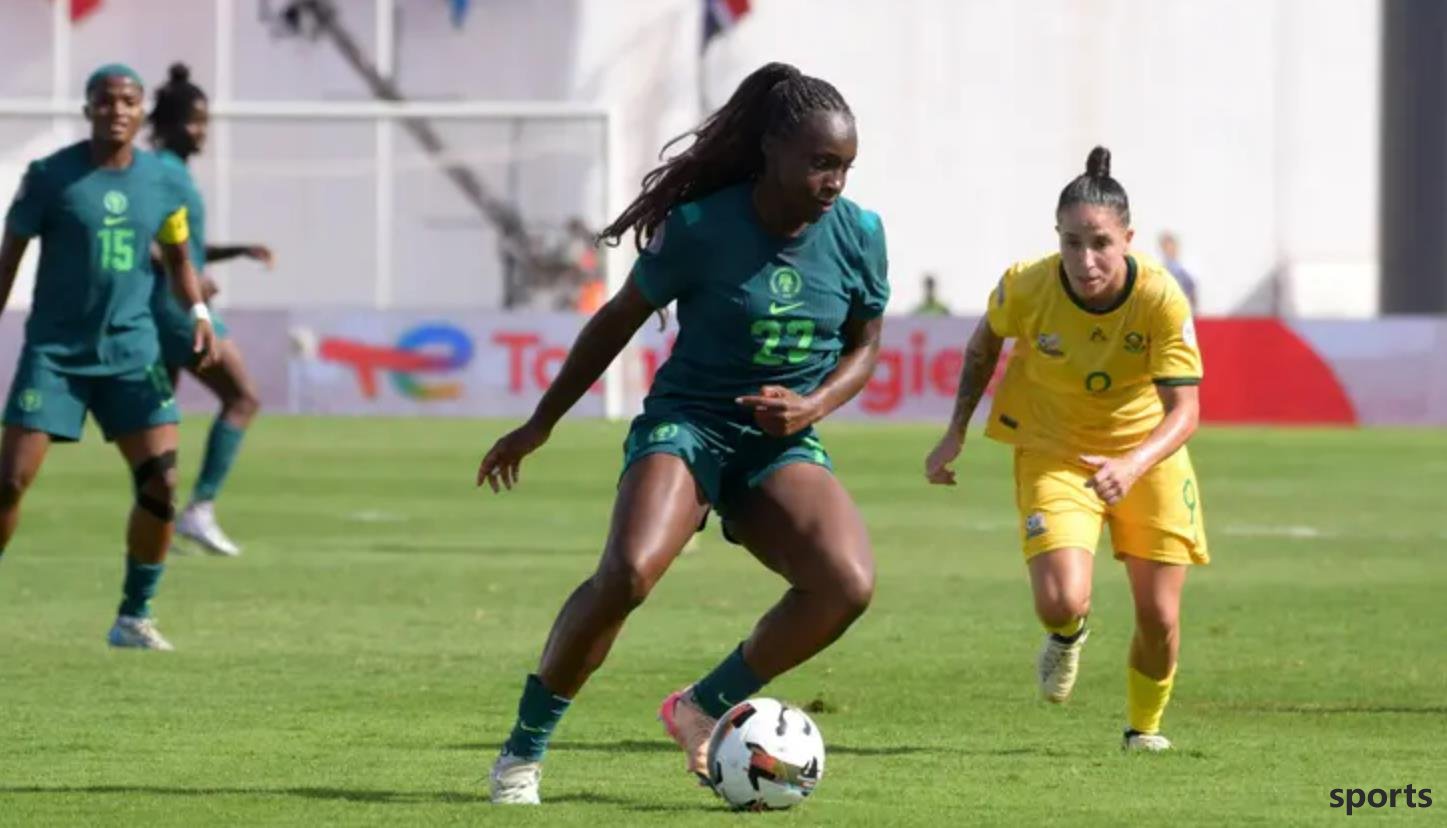
African women's football team is still in its infancy. The African Women’s Football Championship (Women’s African Cup) was first held in 1998 as the African version of the Women’s Football European Cup. Initially, the event was only used as a World Cup qualifier and it did not begin to award trophys to the champions until 2016.
Nigeria: Years of domination have challenged
Nigeria has long nearly monopolized the African women's football field: in 12 events, the West African team won nine championships and reached the finals again in this event. However, the pattern is gradually changing, which is mainly due to the strong investment in the development of women's football in recent years by countries such as Morocco.
15 years ago, at the direct instruction of the Moroccan royal family, the government launched a unique women's football support program in Africa. At that time, in Sarah Aljadida, a suburb of Rabat, the modern Mohammed VI Football Academy was built with royal funds. This 2.5 square kilometers training center provides top-notch training conditions for 50 young and young players for both men and women.
Morocco: Women's football support has yielded fruits
These infrastructures have been fully used for the development of women's football, and the results are obvious to all: Morocco reached the final for the first time in the 2022 African Cup (the event was also held in Morocco), and lost to South Africa only 1-2; in this event, the Moroccan women's football team advanced to the final again, but Nigeria finally won the championship.
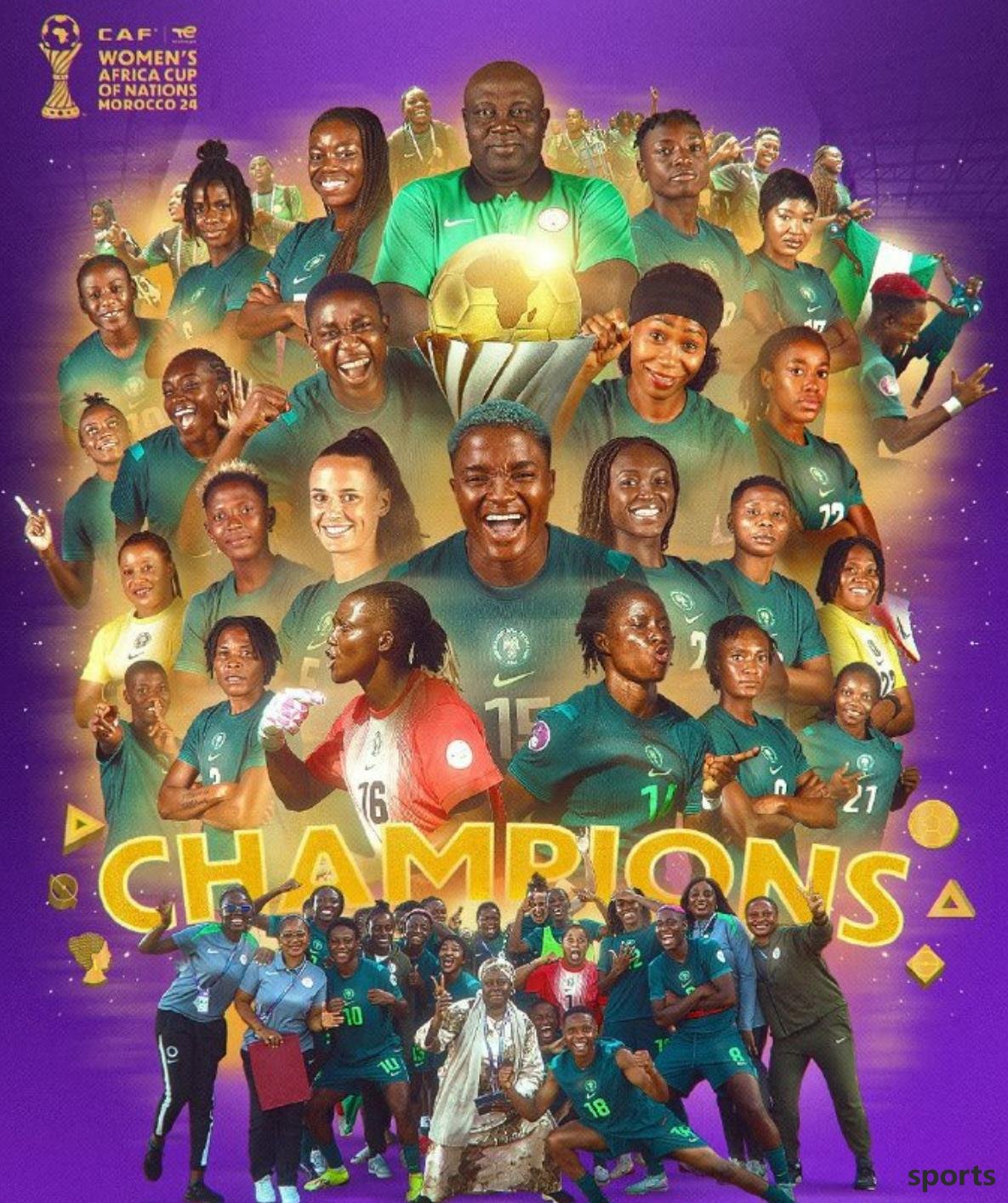
African Women's Football Championship Champions: 1998 Nigeria, 2000 Nigeria, 2002 Nigeria, 2004 Nigeria, 2006 Nigeria, 2008 Equatorial Guinea, 2010 Nigeria, 2012 Equatorial Guinea, 2014 Nigeria, 2016 Nigeria, 2018 Nigeria, 2022 South Africa, 2025 Nigeria.
However, the overall development of the African women’s football team is still lagging behind in comparison to Europe: Although the total prize money of this event (which was postponed to 2025 due to the 2024 Olympics) doubled to $3.75 million, it still pales in comparison to the 47.8 million European Cup of the European Women’s Football Championship. It is worth mentioning that the opening match of this event (Morocco vs. Zambia) has been broadcasted by at least 5 TV stations in Africa.
However, the number of spectators in the arena is still bleak: only the host Morocco game can attract more spectators, and other games are almost played in a "closed" state.
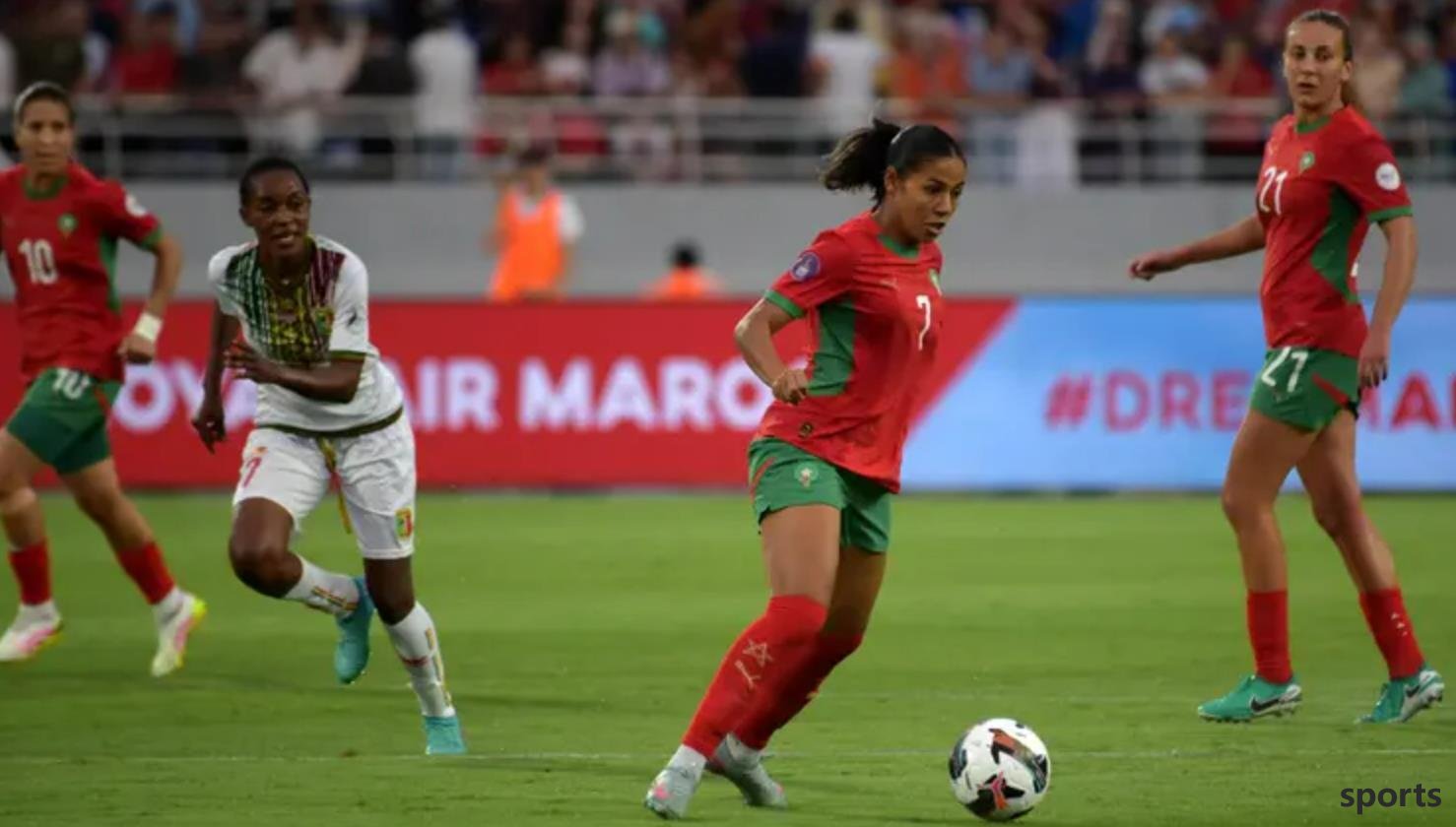
South American Women's Football Team: Brazil's battle of dominance and recognition
is similar to Nigeria's status in Africa, and the Brazilian women's football team has long dominated the South American arena. In the Women’s Copa America, Brazil won eight championships in nine matches, with Argentina taking the championship from the Brazilian women’s football team led by superstar Mata in 2006.
The 2025 South American Women's Copa America is held in Ecuador, and the semi-finals will be held in Brazil against Uruguay and Argentina against Colombia.
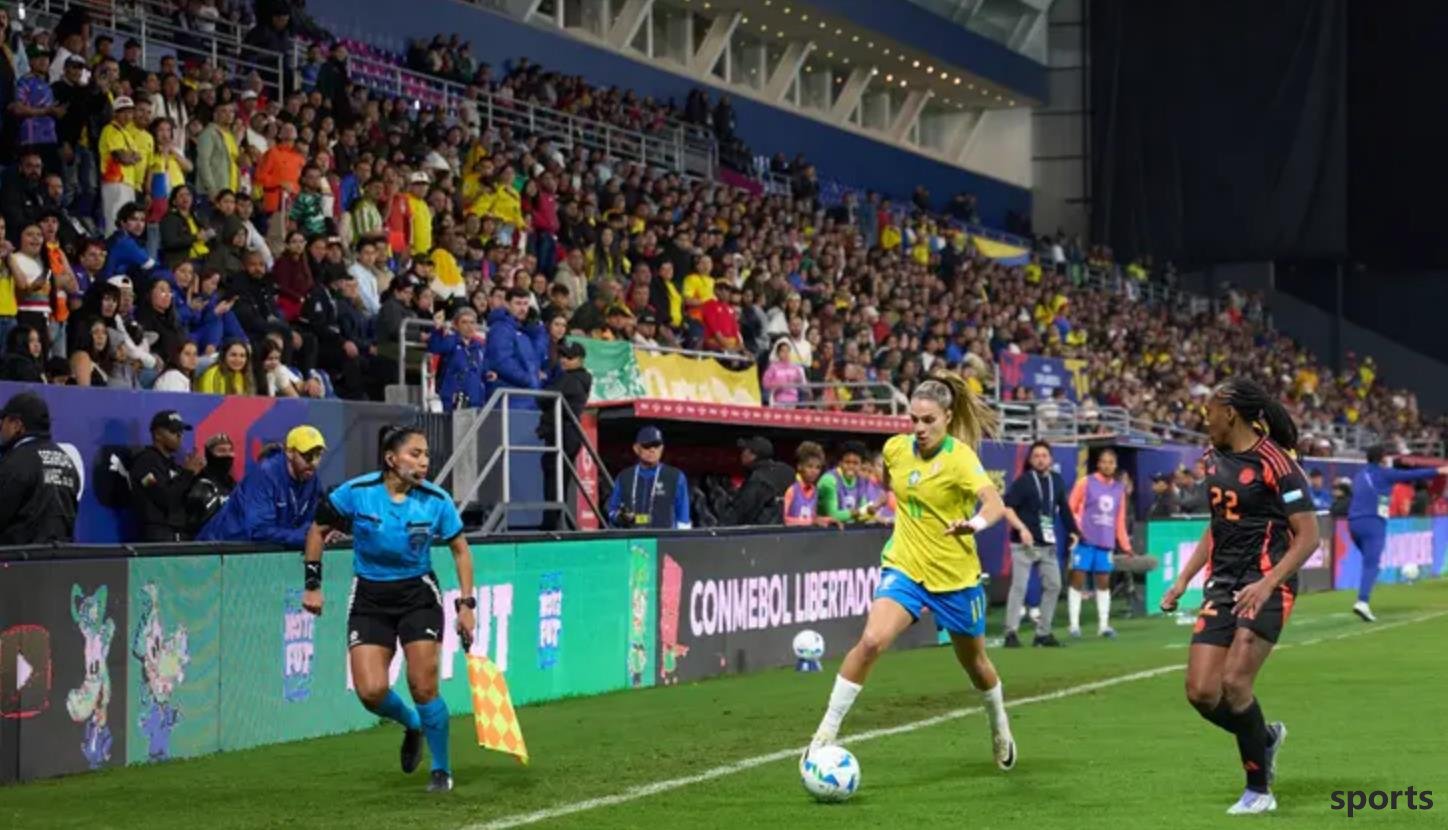
The right to use the arena is restricted
In South America, the women's football team also faces the dilemma of winning recognition and respect. Brazilian midfielder Ali Borges said angrily after a 6-0 victory over Bolivia in the group stage: "Even men's amateur football conditions are better than us." The reason for her anger was that in order to protect the lawn of Ripalda Stadium in Quito, the team could only warm up in the narrow space of the underground passage of the court before the game was opened, and they could not step on the lawn until the game kicked off. This is directly related to the arrangement of the event using only 3 stadiums but having to play more than 20 games.
Like Africa, South American women's football team also faces serious recognition problems. Except for Ecuador or neighboring Colombia, the other games are almost empty. The Uruguay Women's Football Team even needs players to reach an emergency agreement with the Football Association to participate in this event - the players went on strike before the game, and they did not go to Ecuador to participate after making many concessions in improving training conditions.
South America Women's Cup Cup Champions League: 1991 Brazil, 1995 Brazil, 1998 Brazil, 2003 Brazil, 2006 Argentina, 2010 Brazil, 2014 Brazil, 2018 Brazil, 2022 Brazil.
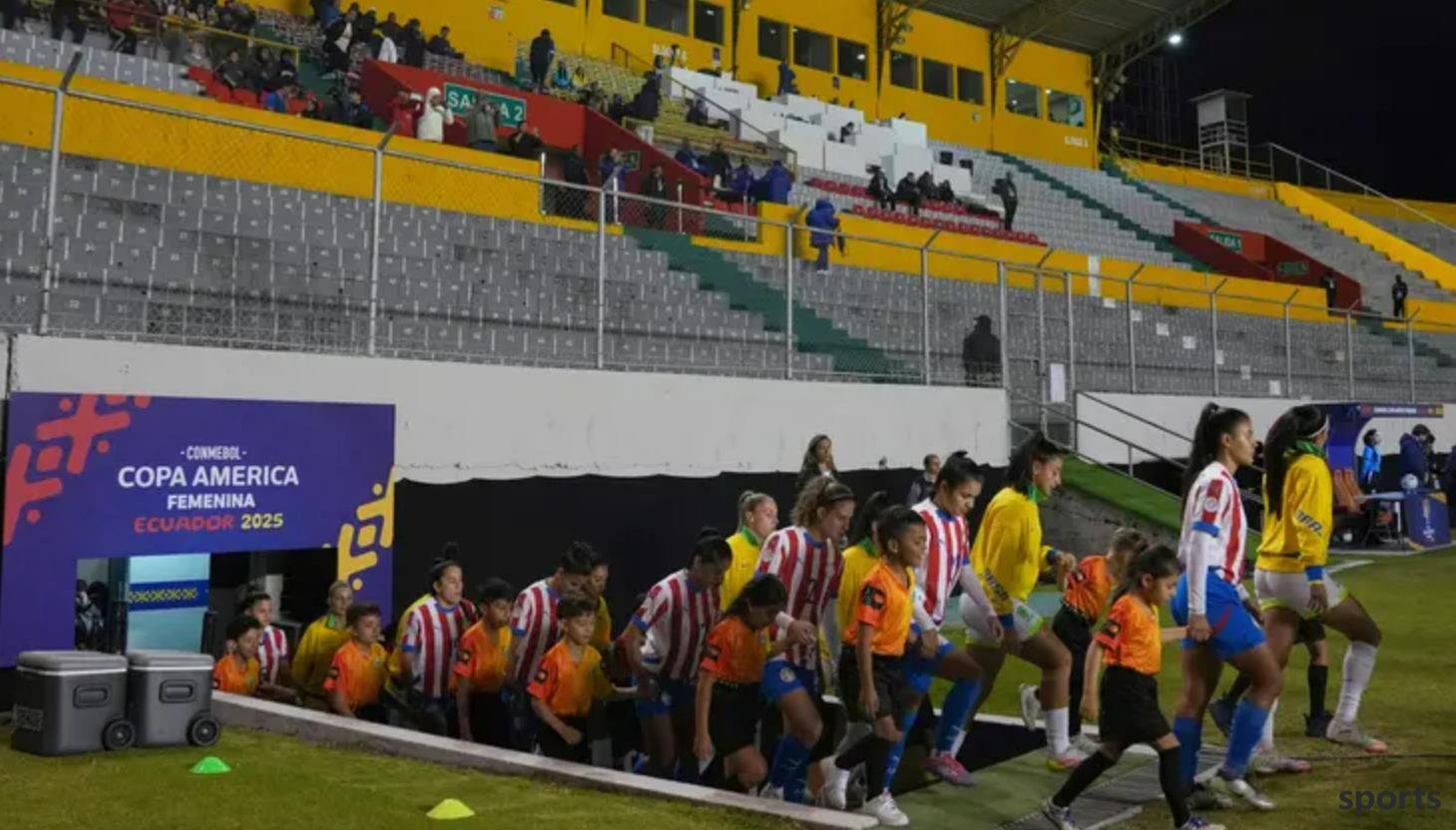
Controversy: South America has no VAR technology
South America Women's Football Team also envies European conditions. Although the Chilean women's football team was at the forefront of the group stage and performed well, they eventually lost due to missed opportunities and controversial penalty. Colombian referee Maria Victoria Dasa became the focus of criticism for Chilean players, who complained about the lack of video assistant referee (VAR) technology in the game, which affected the key penalty.
Chile midfielder Yanara Edo bluntly criticized the South American Football Association in the post-match interview area: "No VAR is a manifestation of disrespect. The Women's Football European Cup is being held at the same time, and it is embarrassing to watch the European Cup and look at our events." The 31-year-old emphasized: "Women's football players should be treated equally as men's football. The organizers must take action because we are players like men's football."
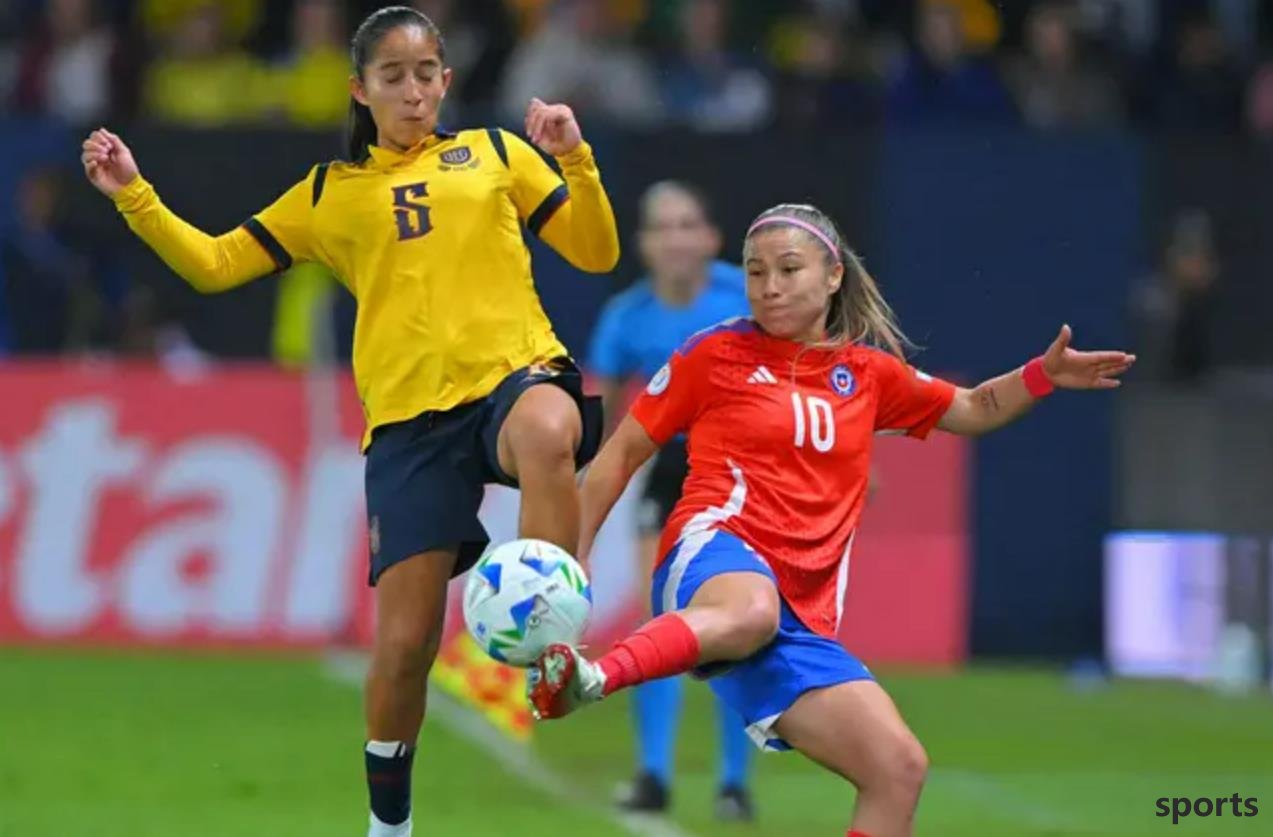
Related Posts
Di Canio: Tudor has lost control of the dressing room, Spalletti can bring balance to Juventus
FootballOn October 30, Tudor has been dismissed from Juventus and Spalletti is about to take over. Recently, Di Canio severely criticized Tudor's coaching methods. He pointed directly at Tudor's problems with locker room management. ■ Di Canio revea...
【Football】
moreSlott: There is no reason for losing 5 of the last 6 games. The lineup rotation is a helpless move.
FootballEarly this morning on October 30, Liverpool lost 0-3 to Crystal Palace in the League Cup. Slott accepted an interview with the BBC after the game. Slaughter said: "We really have all the options available to us, but the reality is that we lost...
【Football】
moreDe Gea was kicked out and Inter Milan scored 3 goals, rising to 3rd place, only 3 points behind the top spot.
FootballThe competition started in the 9th round of Serie A. Inter Milan faced Fiorentina at home. Inter Milan achieved a record of 5 wins and 3 losses in the first 8 league games. Although Inter Milan's offense is very good, there are also many problem...
【Football】
more
Hot Posts
- Marca: The relationship between Barcelona and the Spanish Football Federation has eased, leaving only De La Fuente to talk to Flick
- TA: Barcelona team doctor originally recommended Gave to treat conservatively, but found that the meniscus was broken
- Official: Essugo underwent thigh surgery, Bonanot was selected for Chelsea Champions League
- Top 10 in sports revenue list in 2024: Football accounts for half of the market, Ronaldo ranked first, Messi ranked third, Neymar ranked seventh
- Costakuta: Only Napoli can reach the Champions League semi-finals in Serie A, Milan needs to improve defense if she wants to compete for the championship
- Zimikas: There is no need to hesitate to be summoned by a giant like Roma. He lost 0-3 at home and was deeply impressed
- Photo: Premier League teams such as Villa Brentford are interested in Byer, Dortmund s senior executives are already aware of their interests
- Bayern director taunts Stuttgart: We won t always make too many remarks about rumors
- Both of the strong players are signing, but Mourinho is refuting the rumors! The Champions League is coming soon, may the new season be over?
- Oblack: Can t understand the red card penalty, Paris or the best team in the world
Recent Posts
-
Club World Cup | The average attendance rate of 54% in the first three days, with the lowest number of players in a single game being only 3,412. FIFA should be responsible for this
-
Angola protests oil prices have killed 30 people, NGOs tell Messi to & Argentina don t come
-
Official: Atletico Madrid officially announced that Griezmann has renewed his contract until 2027, and the legendary shooting procedures are written in red and white chapters
-
"Cleaning the whistle! Ferdinand likes Manchester United s quick knife to kill Onana: If you fail, leave"
-
Reporter: The schedule for the first three rounds of Serie A next season will be announced before June 30
-
Fake fall and yellow! The new Red Army aid was replaced in 38 minutes, Slot regarded it as a time bomb
-
Italian media: S-Esposito becomes the key to Inter Milan s signing of Boni, Parma appreciates him
-
Reporter: Jacquesson is not Milan s target at present, the club is looking for players with different characteristics
-
Guardiola: Manchester City s performance is slightly better than the results; Tottenham still has a chance although he is targeting people + pressing
-
6-2! 3-2! Epic Night of Champions League: Bode shines + Almaty record, Mourinho encounters hard battle